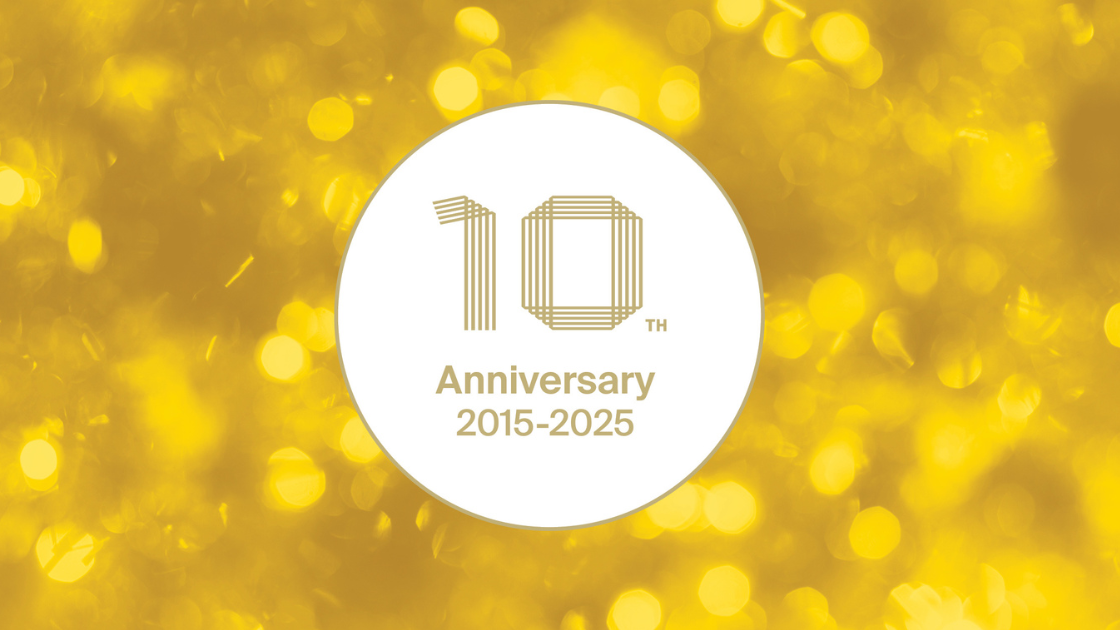
Spotlight on Smart Cities
Smart cities will serve as a cornerstone for future human development. Their implementation will help us tackle many of the significant challenges we are facing—climate change, ageing populations, waste management, public safety, travel, and so on.
Recognising the importance of this multifaceted field, MDPI launched the inaugural issue of Smart Cities in 2018 to provide an advanced forum for research on smart technology and society. Here, we’ll take a look at how this journal has developed and its impact in this exciting field.
A brief history of Smart Cities
Starting as a quarterly journal, Smart Cities published 18 papers in its first year. This includes the journal’s third most cited paper, Redefining the Smart City: Culture, Metabolism and Governance, an interesting look at how smart technology should be implemented in line with individual cities’ history, culture, and values.
Prof. Dr. Pierluigi Siano has served as Editor-in-Chief of the journal since its beginning. In its second year, 14 sections were established, underlining the breadth of research areas in this field. Six Section Editors-in-Chief were appointed the same year to oversee the growth of the journal.
Since 2020, the International Council for Research and Innovation in Building and Construction (CIB) and this journal have been affiliated, working to ensure international collaboration and development in building and construction research.
Furthermore, in 2021, this journal was indexed in Emerging Sources Citation Index and Scopus. It received its first CiteScore of 5.5 the following year, and a new Section Editor-in-Chief was appointed for Smart Urban Agriculture.
Smart Cities in 2023
As of 2023, Smart Cities has published 413 papers and currently has an Impact Factor of 6.4. It also has a CiteScore of 8.5, and over one-quarter of its published papers—124—have been cited 10 times or more.
Want to learn more?
Smart Cities aims to produce high-quality research on the science and technology of smart cities, publishing reviews, regular research papers (articles) and communications in all areas of this field. It follows a bimonthly publication schedule. For further details, see the journal’s webpage.
This journal’s goal is to strive for the publication of exceptionally high-quality articles with rigor and depth. Scientists are encouraged to publish their experimental and theoretical results in as much detail as possible. And there is no restriction on the length of the papers. Full experimental details must be provided, so that results can be reproduced.
If you want to learn more about MDPI’s open access policies, please visit our site for details.
Thinking of submitting your manuscript to Smart Cities?
Manuscripts should be submitted online at susy.mdpi.com. The submitting author is generally the corresponding author and is responsible for the manuscript during the submission and peer-review process.
To submit your manuscript, register and log in to the submission website. Once you have registered, click here to go to the submission form for Smart Cities. All co-authors can see the manuscript details in the submission system. To do so, they must register and log in using the e-mail address provided during manuscript submission.
What’s next?
Smart Cities is dedicated to publishing cutting-edge research on all aspects of smart technology and innovation. If you’re interested in this area of research, it will have a section suitable for you.
If you’re interested in finding more information about the journal’s scope, future conferences, or anything else, please visit their website.










